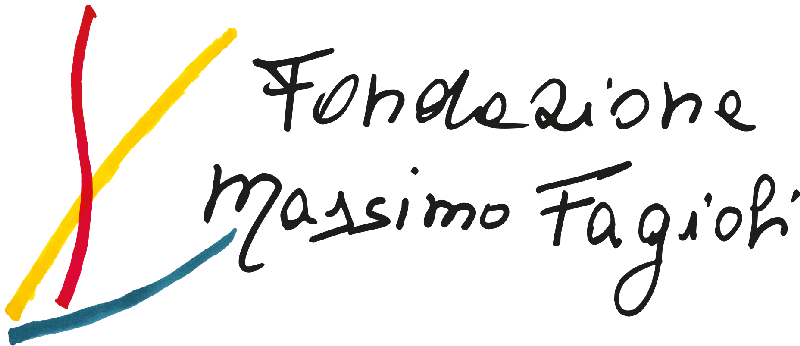The drive for knowledge accompanies human beings from the origins of their history. As it unfolds, the observation of a phenomenon becomes knowledge through the formulation of falsifiable hypotheses [1], and then by comparison with experimental results. Scientific knowledge of the world, especially for what concerns the prerequisites and modes of its making, becomes by itself the object of study for that branch of philosophy that goes by the name of Epistemology. In this framework, the Human Birth Theory (HBT) elaborated in the field of Psychiatry by Massimo Fagioli [2] offers a new epistemological interpretation. In particular, the HBT allows to relate scientific research not only to logical and conscious thought, but also to those unconscious processing and non-rational dynamics that underlie human creativity.
Starting from the centrality of human thought both for the realization of scientific knowledge and for the HBT, a working group entitled Epistemology of the Research Project (ERP) has been established, which is part of the Massimo Fagioli Foundation [3] as being one of the thematic laboratories that this foundation has inaugurated. To date, the ERP group involves the participation and collaboration of scholars with very diverse expertise (including: philosophy, biology, physics, engineering, mathematics, and computer science). The ERP group aims at studying implications of the HBT on the conception of scientific research, with respect to both the process of standard research activities (e.g., in the development and growth of knowledge on the basis of already acquired knowledge) and the formulation of new theories, along with their reception by society.
Here, we would like to introduce the current lines of research addressed by the EPR group, namely:
- investigation, in light of epistemological implications of the HBT, of multiple cross-talks among different types of logical procedure (deduction, abduction, induction, etc.), with a focus on the role of collective, interpersonal and dialectical relationships in the making of scientific research. This research aim holds a comparison with the main epistemological theories of the 20th and 21st centuries (Popper, Kuhn, Hempel, etc.);
- reanalysis of debates concerning the relation between Science and Society, and that between Science and Power, with reference to the so-called sociology of science (Latour, Raynaud, etc. );
- distinction, within the broad concept of intelligence, between characteristics that more specifically pertain to human intelligence (such as imagination, intuition, etc.), and characteristics that can be reproduced “mechanically”, as in the case of artificial intelligence. The span of this research line will extend to examining how the above concepts have been explored and rendered in literature and cinematography [4];
- study of interconnections between the ability to imagine – a founding concept of the HBT, the concept of line, and the mathematical notation, the latter taken into account as a “universal language” adopted in science.
[1] Popper K.R., Logik der Forschung, Springer Publ., Wien 1935; The Logic of Scientific Discovery (English Ed.), Hutchinson Publ., London 1959; Logica della scoperta scientifica (Italian Ed.), Einaudi Publ., Turin 1970.
[2] Fagioli M., Istinto di Morte e Conoscenza, L’Asino d’oro Publ., Rome, 2017; Todestrieb und Erkenntnis (German Ed.), Stroemfeld Publ., Basel, 2011; Death instinct and knowledge (English Ed.), L’Asino d’oro Publ., Rome, 2019; Instinct de mort et connaissance (French Ed.), L’Asino d’oro Publ., Roma, 2022.
[3] https://www.fondazionemassimofagioli.it/chi-siamo/progetto/
[4] Yehya N., Homo Cyborg. Il corpo postumano tra realtà e fantascienza (Italian Ed.). Eleuthera Publ., Milan, 2004.
